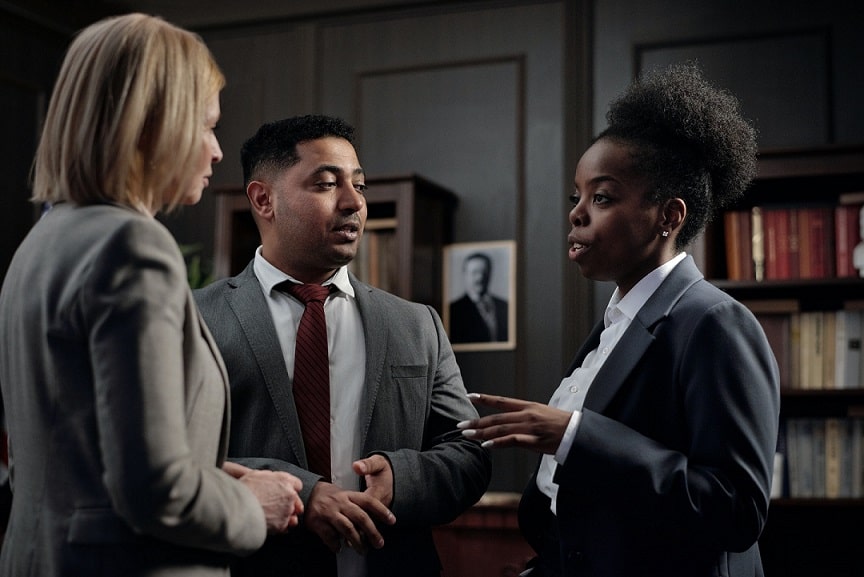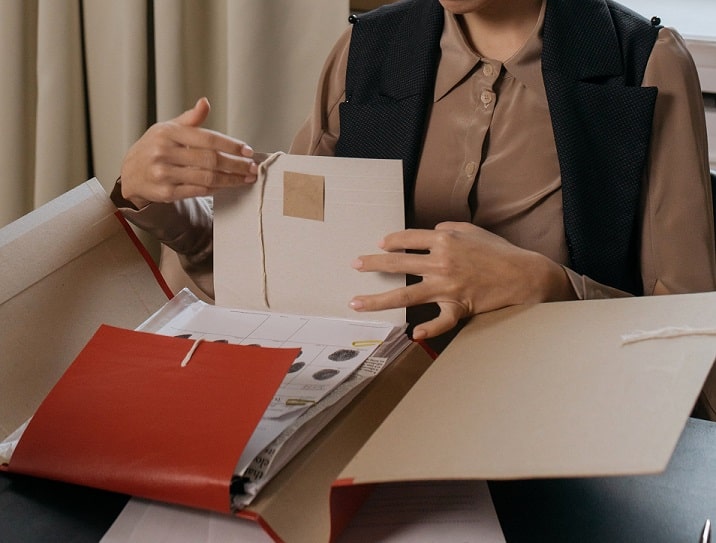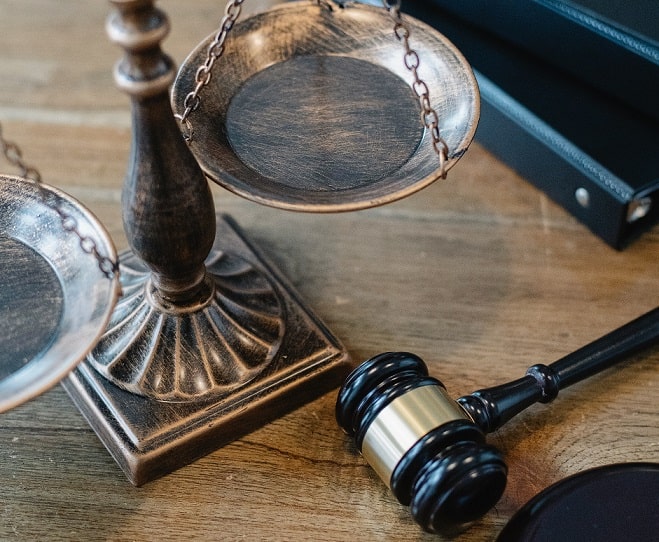- Road Accidents
- Work Accidents
- No Win No Fee
- Medical Negligence
- Habib Rahman Spire Healthcare Compensation
- Medical Negligence Claims
- Breast Surgeon Ian Paterson Claims
- Brain Injury Claims
- Statins Medication Error
- Sandwell & Birmingham POP Treatment
- Hernia Mesh Compensation
- Serious Injury Claims
- Spinal Injury Claims
- Leg Injury Claims
- Neck Injury Claims
- Burn Injury Claims
- Cauda Equina Syndrome
- Dental Negligence
- Contact
- Injury Claims
- More Info
- Claim Now
Call FREE from a Landline or Mobile on 0800 634 75 75

 We take on a lot of
We take on a lot of  When it comes to making your personal injury compensation claim, we know that you want the maximum compensation, the toughest lawyer to fight your case, and a great service. This can really only be offered by an Accident Injury Specialist – and we know where you can find one!
When it comes to making your personal injury compensation claim, we know that you want the maximum compensation, the toughest lawyer to fight your case, and a great service. This can really only be offered by an Accident Injury Specialist – and we know where you can find one! Employers have a duty to protect their employees in the workplace. The Provision and Use of Work Equipment Regulations 1998, or PUWER as they are informally known, outline what exactly an employer needs to do to meet this duty.
Employers have a duty to protect their employees in the workplace. The Provision and Use of Work Equipment Regulations 1998, or PUWER as they are informally known, outline what exactly an employer needs to do to meet this duty. Manual Handling is one of the most common causes of injury in the workplace. Manual Handling generally includes; lifting, lowering, pushing, pulling or carrying, and most employees carry out some sort of manual handling within their working day.
Manual Handling is one of the most common causes of injury in the workplace. Manual Handling generally includes; lifting, lowering, pushing, pulling or carrying, and most employees carry out some sort of manual handling within their working day. Personal Protective Equipment, or PPE as its commonly known, is essential in many occupations and is there to act as protection against health and safety hazards in the workplace. PPE is defined in the The Personal Protective Equipment at Work Regulations 1992 as ‘all equipment which is intended to be worn or held by a person at work and which protects him against one or more risks to his health or safety‘.
Personal Protective Equipment, or PPE as its commonly known, is essential in many occupations and is there to act as protection against health and safety hazards in the workplace. PPE is defined in the The Personal Protective Equipment at Work Regulations 1992 as ‘all equipment which is intended to be worn or held by a person at work and which protects him against one or more risks to his health or safety‘. A head on collision is normally pretty serious. The force of the impact can be high enough to result in fatalities. If you’re lucky enough to survive, the injuries can be fairly severe. So what about liability when it comes to who is at fault for these accidents?
A head on collision is normally pretty serious. The force of the impact can be high enough to result in fatalities. If you’re lucky enough to survive, the injuries can be fairly severe. So what about liability when it comes to who is at fault for these accidents?
 I’m no medical expert, but I’m well aware that eyes are pretty delicate. Given the advances of modern day technology, surgeons have developed ways of using lasers to correct common eye problems that reduce the need to wear glasses. Laser eye surgery is a readily available and common procedure nowadays. But what happens when things go wrong? I mean, we’re talking about your eyes here.
I’m no medical expert, but I’m well aware that eyes are pretty delicate. Given the advances of modern day technology, surgeons have developed ways of using lasers to correct common eye problems that reduce the need to wear glasses. Laser eye surgery is a readily available and common procedure nowadays. But what happens when things go wrong? I mean, we’re talking about your eyes here. Cutting ourselves is easy to do. You graze past anything with a bit of an edge and our skin is vulnerable to being cut. But can you make a
Cutting ourselves is easy to do. You graze past anything with a bit of an edge and our skin is vulnerable to being cut. But can you make a  There are a set of, what we Injury Lawyers call, “common road accidents” and drivers pulling out from a parked position on the side of the road in to your passing vehicle is right up there with the classics. People simply forget the most basic of driving tuition rules – mirror, signal, and manoeuvre.
There are a set of, what we Injury Lawyers call, “common road accidents” and drivers pulling out from a parked position on the side of the road in to your passing vehicle is right up there with the classics. People simply forget the most basic of driving tuition rules – mirror, signal, and manoeuvre.









